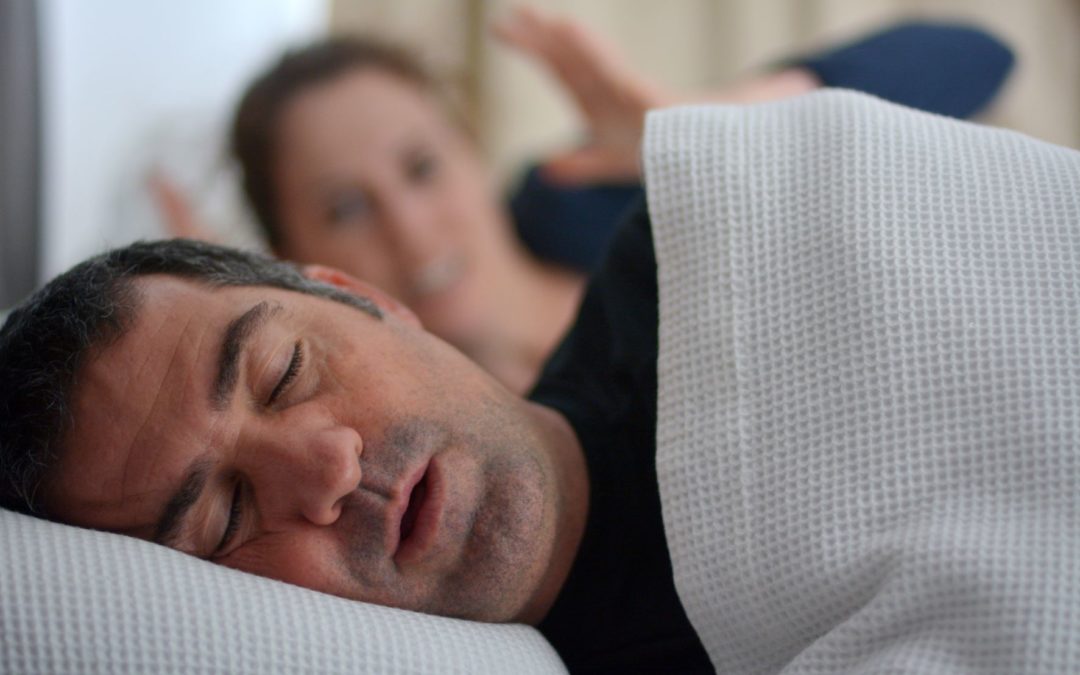Sleep apnea is a dangerous condition that affects millions of people in the U.S. each year. Unfortunately, this chronic issue can lead to a lack of sleep, which can have an impact on your general health, energy, and mood. This, in turn, might have a significant influence on your personal and professional relationships. If you or your loved one suffers from sleep apnea, it is important to understand what it is and the various sleep apnea types. Read on to learn more about the different types of sleep apnea.
What Is Sleep Apnea?
People with sleep apnea have difficulty breathing correctly while sleeping. The airways can get fully clogged at times, resulting in severe gasping that might even cause a person to wake up. Sleep apnea is typically accompanied by loud snoring, which might interfere with your partner’s sleep. Fortunately, sleep apnea may be treated by professionals. The sort of treatment necessary will be determined by the type of sleep apnea you have.
Obstructive Sleep Apnea
Obstructive sleep apnea is the most prevalent kind of sleep apnea, and it is characterized by frequent stops in breathing while sleeping. It is usually accompanied by loud snoring and unexpected awakenings with choking or gasping. This can happen up to 30 times per hour in severe cases, with breathing stopping for more than 10 seconds.
When the neck muscles relax too much during sleep, they obstruct or severely constrict the airway, causing breathing to be disturbed. When the brain perceives this, the central nervous system is engaged, resulting in the resumption of breathing. Obstructive sleep apnea sufferers typically awaken briefly as this occurs, although these awakenings are usually so brief that they go unnoticed. As a result, a lack of restorative sleep can result in a cascade of potentially life-altering or deadly symptoms.
Central Sleep Apnea
Central sleep apnea is not characterized by closed airways. As a result, many types of treatment may be necessary. When the brain does not deliver the correct signals to the muscles that regulate breathing, the patient has central sleep apnea. Opioid usage and other risk factors might raise one’s chances of developing this dangerous illness.
To cure sleep apnea, it is often necessary to address the underlying problem, such as heart failure. In certain circumstances, obstructive sleep apnea medications can also effectively treat central sleep apnea. In other circumstances, however, a different type of treatment is required. Some medications, such as theophylline and acetazolamide, have been shown to be beneficial in treating central sleep apnea. It is critical to consult with a sleep specialist to develop a treatment plan that works for you.
Complex Sleep Apnea
Some patients, unfortunately, have both central and obstructive sleep apnea. This causes complex sleep apnea, which is particularly difficult to cure. This type of sleep apnea is also known as “mixed” sleep apnea, and numerous treatment approaches must usually be used in tandem in order to effectively treat it.


